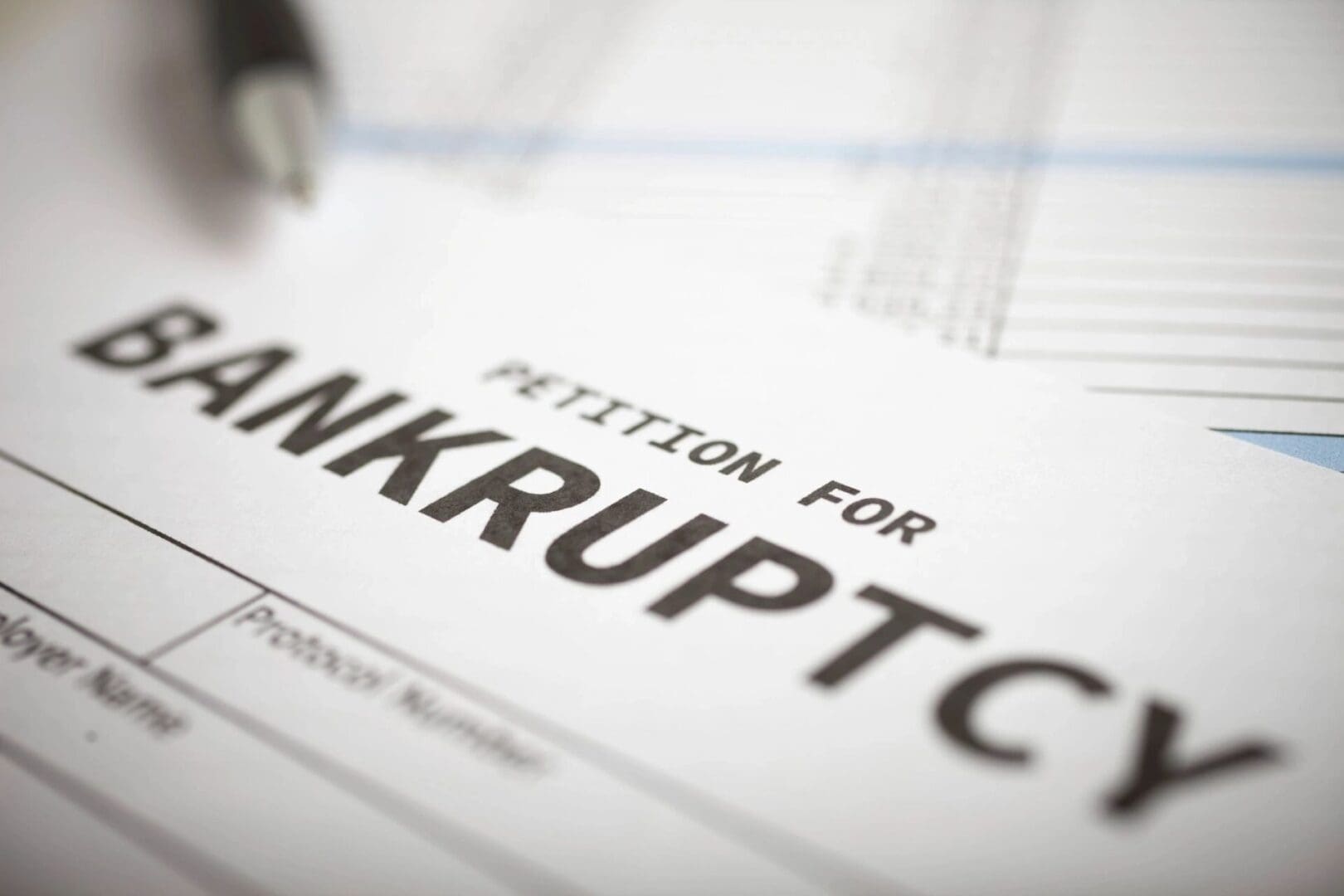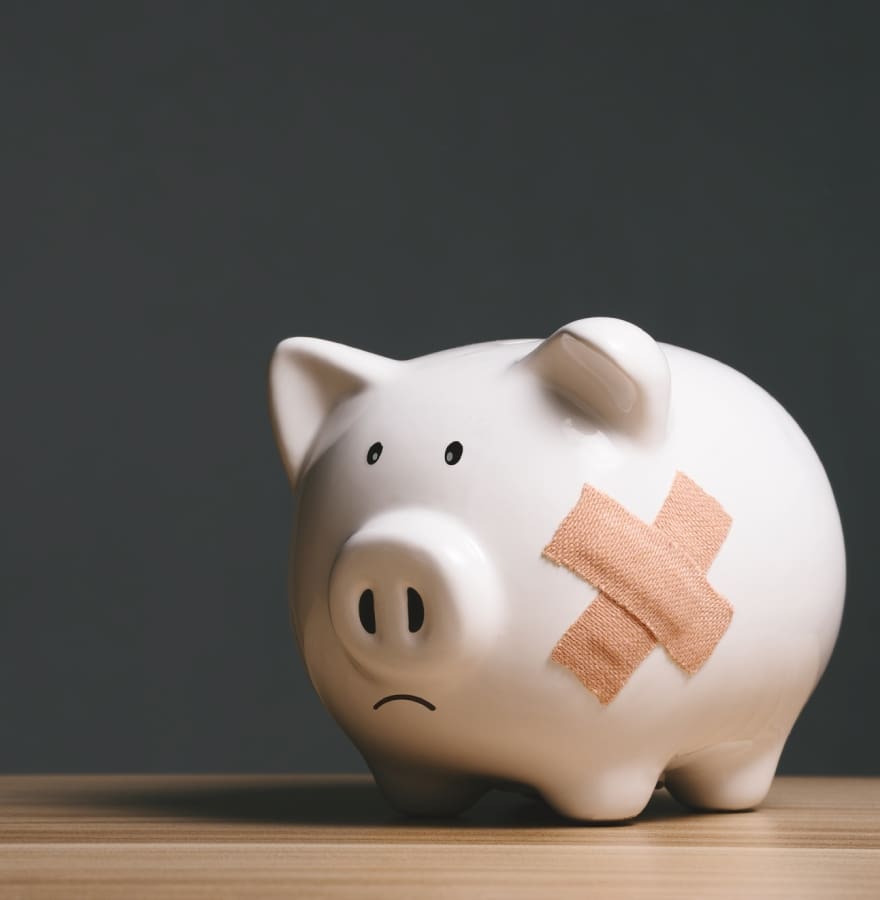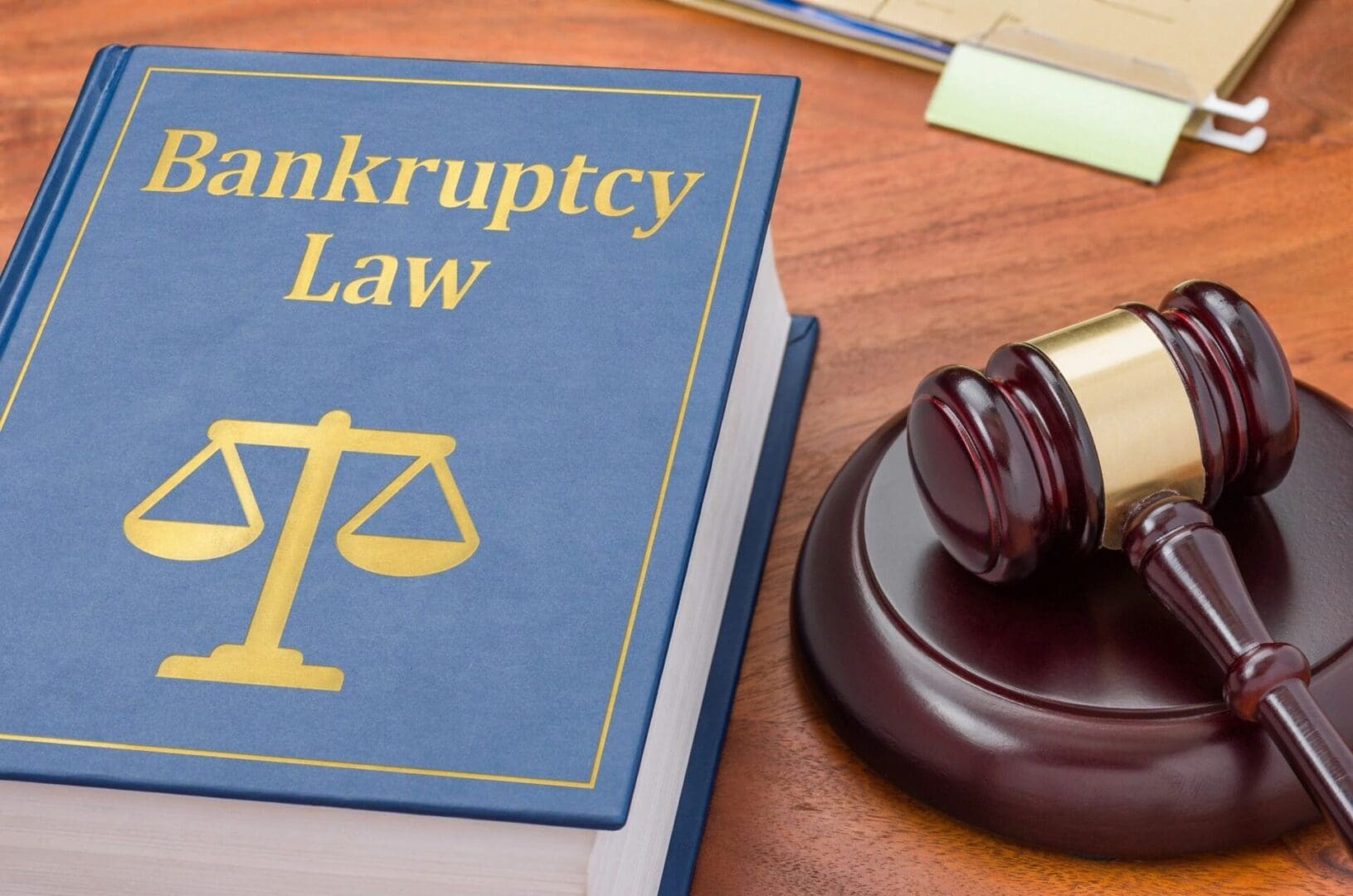
Understanding Personal Bankruptcy: Your Guide to a Fresh Start
Personal finances are inherently personal, and the thought of filing for bankruptcy can be daunting or even embarrassing for many. However, it’s important to remember that you’re not alone in facing these challenges.
The attorneys at Ochoa & Rubio, P.A., have extensive experience in assisting individuals like you navigate financial difficulties. Don't let overwhelming debt dictate your life—let us help you regain control.
Our Experience
Our firm focuses on the key areas that are integral to your financial recovery journey:
Bankruptcy Attorneys: We are bankruptcy lawyers focused on your specific and very personal needs.
Chapter 7 and Chapter 13 Filings: We guide clients through both Chapter 7 liquidation and Chapter 13 reorganization bankruptcy options.
Debt Relief Focus: Our primary goal is to help you achieve debt relief.
Creditor Communication: We stop creditor harassment, giving you peace of mind.
Comprehensive Support: We provide support throughout the bankruptcy process, from filing to discharge.
Chapter 7 Bankruptcy Explained
Often referred to as “Liquidation Bankruptcy,” Chapter 7 is designed to help you achieve a fresh financial start. This process typically eliminates most credit card debt, medical bills, and personal loans, freeing you from these burdens. Once your debts are discharged, creditors listed in your bankruptcy can no longer pursue you for those amounts.
However, it’s crucial to note that certain obligations, such as spousal and child support, state and federal taxes, student loans, and other specific debts, are generally not dischargeable in bankruptcy. Each case is unique, and our attorneys will guide you through available options—both bankruptcy and non-bankruptcy—to achieve the best outcome for your situation.

Debunking Common Bankruptcy Myths
The word “bankruptcy” can evoke fear and anxiety in most people, but it is essential to understand the realities behind what bankruptcy could do for you. Many individuals have found that filing for bankruptcy was the best decision under their circumstances, leading to relief and a path to financial recovery.
Here are some common myths about bankruptcy:
This is false. Many individuals from all walks of life find bankruptcy a necessary option due to various life circumstances, such as medical emergencies or unexpected job loss. It’s a legal tool that allows you to start anew.
While bankruptcy is a public process, it doesn’t mean your news will be widely publicized. Typically, only creditors and those directly involved will be aware.
This misconception is widespread. While states vary in their exemptions, most individuals can retain essential assets such as their home, car (up to a certain value), retirement savings, and personal belongings.
Bankruptcy is a setback, but it’s not permanent. While it may impact your credit score in the short term, you can rebuild your credit over time.
Ignoring debts does not solve the problem! Just because you have something "written off" your credit, that does not mean it's gone forever. In Florida, certain debts can be pursued in court for up to four years, and others can remain collectible for up to 20 years.
The Bankruptcy Trustees will review your recent credit and banking transactions, and any signs of fraud could lead to your case being dismissed, leaving you with more debt. This may be considered fraudulent behavior and may lead to criminal prosecution.
Not all debts may qualify for discharge. For example, obligations like child support, alimony, student loans, and taxes may only be dischargeable in limited circumstances.
You can file for bankruptcy multiple times, depending on your circumstances.

What to Expect in Your Bankruptcy Case
The duration of a bankruptcy case varies based on several factors and the type of bankruptcy filed. Chapter 7 typically takes three to six months, while Chapter 13 can take three to five years to reach discharge.

Impact on Your Credit Report
Yes, most bankruptcies will remain on your credit report for about seven to ten years. However, this does not mean you cannot start rebuilding your credit right away. We will advise you on how to start fixing that credit right after filing!

Stopping Creditor Harassment
Once you have filed for bankruptcy, all creditor calls, letters and emails must stop. A court order prohibits creditors from continuing collection efforts during the entire bankruptcy process.

Filing as a Couple
If you're married, you do not have to file for bankruptcy together. There are valid reasons for one spouse to file alone, and your attorney can help you determine the best course of action for your specific case.

Reach Out Today
If you’re facing financial challenges and need guidance through the bankruptcy process, Ochoa & Rubio, P.A. is here to help. Our experienced attorneys are ready to provide you with personalized support tailored to your unique situation.
